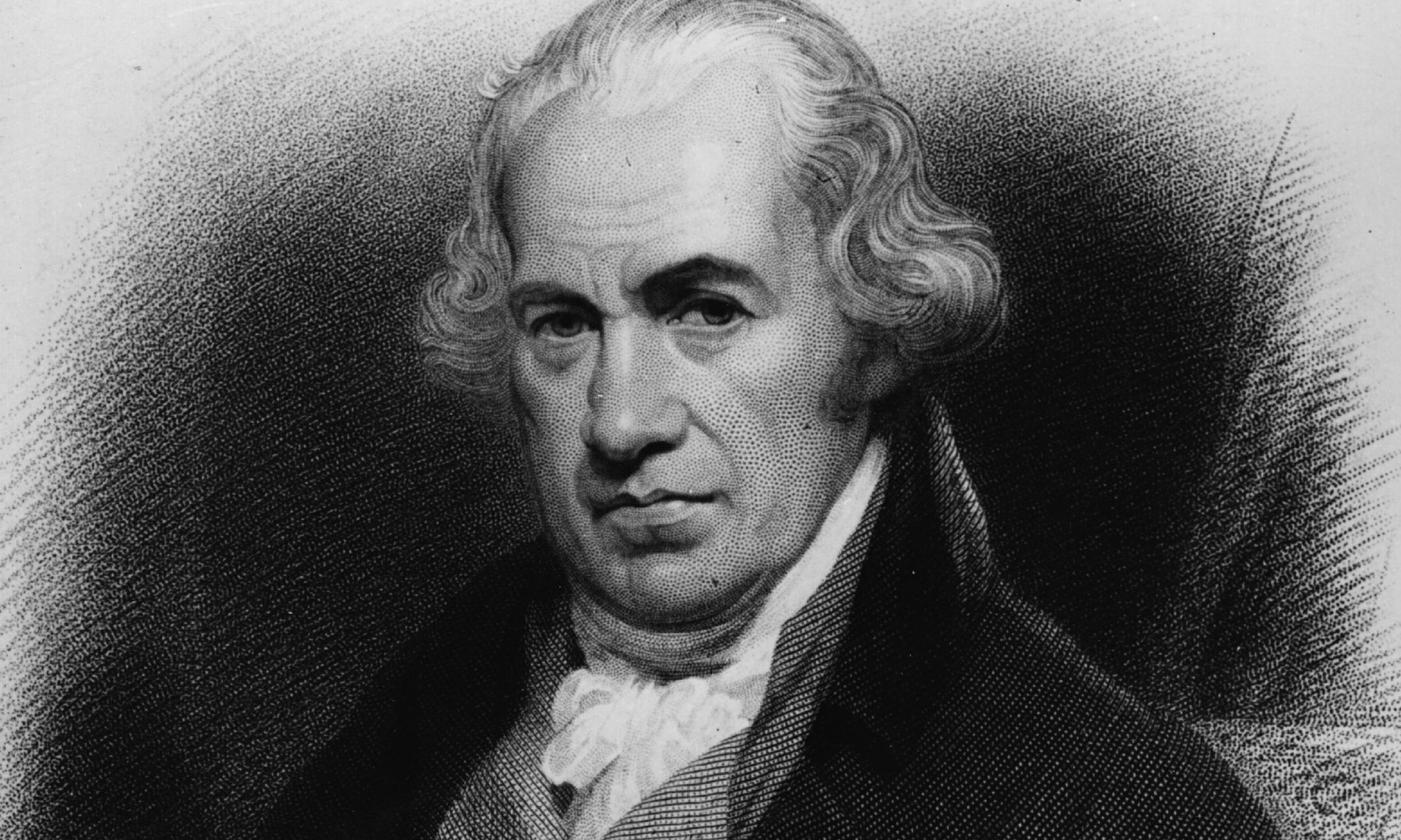Introduction to Watt
The term "watt" is commonly used in the world of electricity and power, yet many people outside of technical fields may not fully understand its significance. In the simplest terms, a watt is a unit of power. It's named after James Watt, the Scottish inventor who made significant contributions to the development of the steam engine in the 18th century. In today's context, understanding watts is crucial, especially as we become more reliant on various electrical devices and as discussions around energy efficiency and sustainability become more prevalent.
The Science Behind Watt
At its core, a watt is a measure of the rate at which energy is used or produced. One watt is equivalent to one joule per second. This may sound technical, but think of it as a way to quantify how much energy a device uses or produces over time. For instance, a 60-watt light bulb uses 60 joules of energy each second it is turned on. Understanding this can help consumers make more informed decisions about the appliances and devices they use in their homes and offices.
Watt vs. Other Units of Power
When discussing power, you might also hear terms like kilowatts, megawatts, and gigawatts. These are simply larger units of measure based on the watt. A kilowatt is 1,000 watts, a megawatt is 1,000,000 watts, and a gigawatt is 1,000,000,000 watts. These larger units are often used when discussing power plants, larger electronic systems, or national energy usage. Understanding these units can help you contextualize energy discussions, such as how much power a city might consume or the output of a solar panel installation.
Everyday Applications of Watts
In everyday life, watts are everywhere. From the wattage of your microwave to the power rating on your laptop charger, watts help you understand how much energy your devices consume. This is not only important for managing energy bills but also for making environmentally conscious choices. For instance, choosing LED bulbs over traditional incandescent ones often results in lower wattage usage for the same level of brightness, leading to energy savings and a smaller carbon footprint.
Watts in the Context of Renewable Energy
As the world shifts towards renewable energy sources, watts play a crucial role in understanding the potential and limitations of these technologies. Solar panels, for example, are often rated by their peak wattage output under ideal conditions. This information is vital for homeowners or businesses looking to install solar power systems, as it helps estimate the potential energy savings and return on investment. Similarly, wind turbines are rated in megawatts, helping to quantify their contribution to the energy grid.
Energy Efficiency and Wattage
Energy efficiency is a hot topic, and understanding wattage is key to improving it. The concept of energy efficiency involves using less energy to perform the same task, which can be measured in watts. For example, energy-efficient appliances use fewer watts while performing the same functions as less efficient models. This not only saves money on energy bills but also reduces the overall demand on the energy grid, contributing to environmental sustainability.
Calculating Energy Costs with Watts
Understanding how to calculate energy costs using watts can be empowering. Most energy bills are calculated based on kilowatt-hours (kWh), which is a measure of energy consumption over time. By knowing the wattage of your devices and how often they are used, you can estimate their contribution to your energy bill. This can lead to more informed decisions about energy usage, such as identifying which devices are the biggest energy hogs and finding ways to reduce their consumption.
Wattage in the Age of Smart Technology
With the rise of smart home technology, managing wattage has become more sophisticated. Smart meters and apps can provide real-time data on energy usage, measured in watts, allowing homeowners to monitor and adjust their consumption patterns. This technology can lead to significant energy savings and increased awareness of personal energy use, contributing to broader efforts to reduce environmental impact.
Common Misconceptions About Watts
Despite its importance, there are several misconceptions about watts. One common misunderstanding is confusing watts with volts or amps. While they are related, they measure different things: volts measure electrical potential, amps measure current, and watts measure power. Another misconception is assuming that higher wattage always means better performance. While more watts can indicate more power, it doesn't necessarily translate to efficiency or effectiveness in all contexts, such as in the case of energy-efficient lighting.
Conclusion: The Importance of Understanding Watts
In conclusion, understanding watts and how they relate to energy usage is more important than ever in 2024. As we strive towards more sustainable living and efficient energy use, being informed about how power is measured and consumed can lead to better choices, both economically and environmentally. Whether you're looking to reduce your energy bills, invest in renewable energy, or simply become more energy-conscious, understanding watts is a fundamental step towards achieving these goals.
You Might Also Like
Ben Davies: A Comprehensive Guide To His Journey And Impact In 2024Exploring The Fascinating World Of Jojo Siea: A Comprehensive Guide
Passport Appointments Near Me: Your Comprehensive Guide For 2024
The Magic Of The Lotus: A Journey Into Serenity And Wellness In 2024
Bye Bye Bye: A Nostalgic Dive Into The Iconic Pop Anthem
Article Recommendations
- Arikytsya The Comprehensive Guide To Understanding Its Meaning And Significance
- Alyssa Ann Zinger A Remarkable Story Of Talent Passion And Dedication
- Does The Cast Of The Five Get Along Insights Into Their Dynamics


